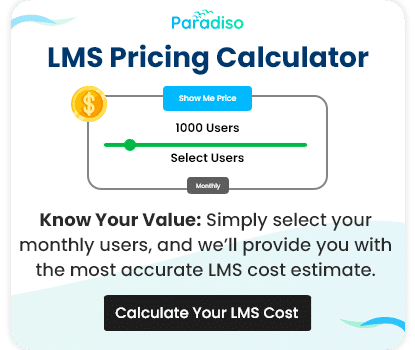In today’s fast-paced, technology-driven world, the role of a Learning Management System (LMS) has never been more critical. Whether you’re an educational institution, a corporate training manager, or a non-profit organization, selecting the right LMS platform can transform your learning and development initiatives. In this comprehensive guide, we explore what defines an LMS in 2025, examine its benefits, and provide detailed comparisons of the best LMS platforms available on the market today. We’ll also highlight key features, use cases, and insights to help you decide which is the best LMS platform for your needs.

We have
something for you!
Are you still figuring out which LMS is the best? Grab the chance to explore the LMS Buyer's Guide and get started.












